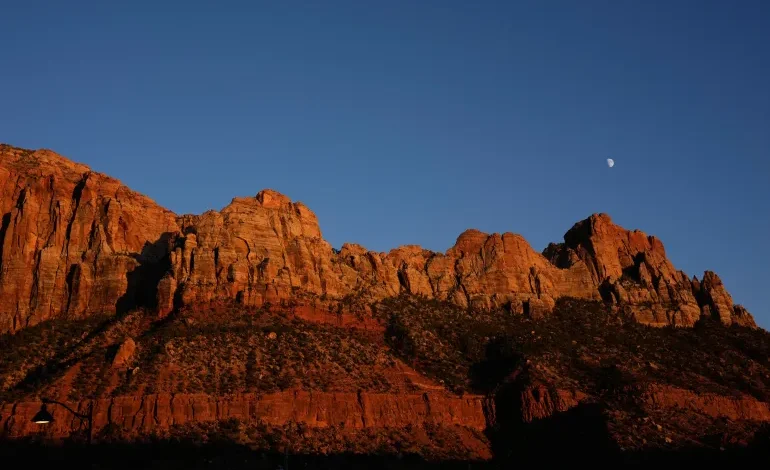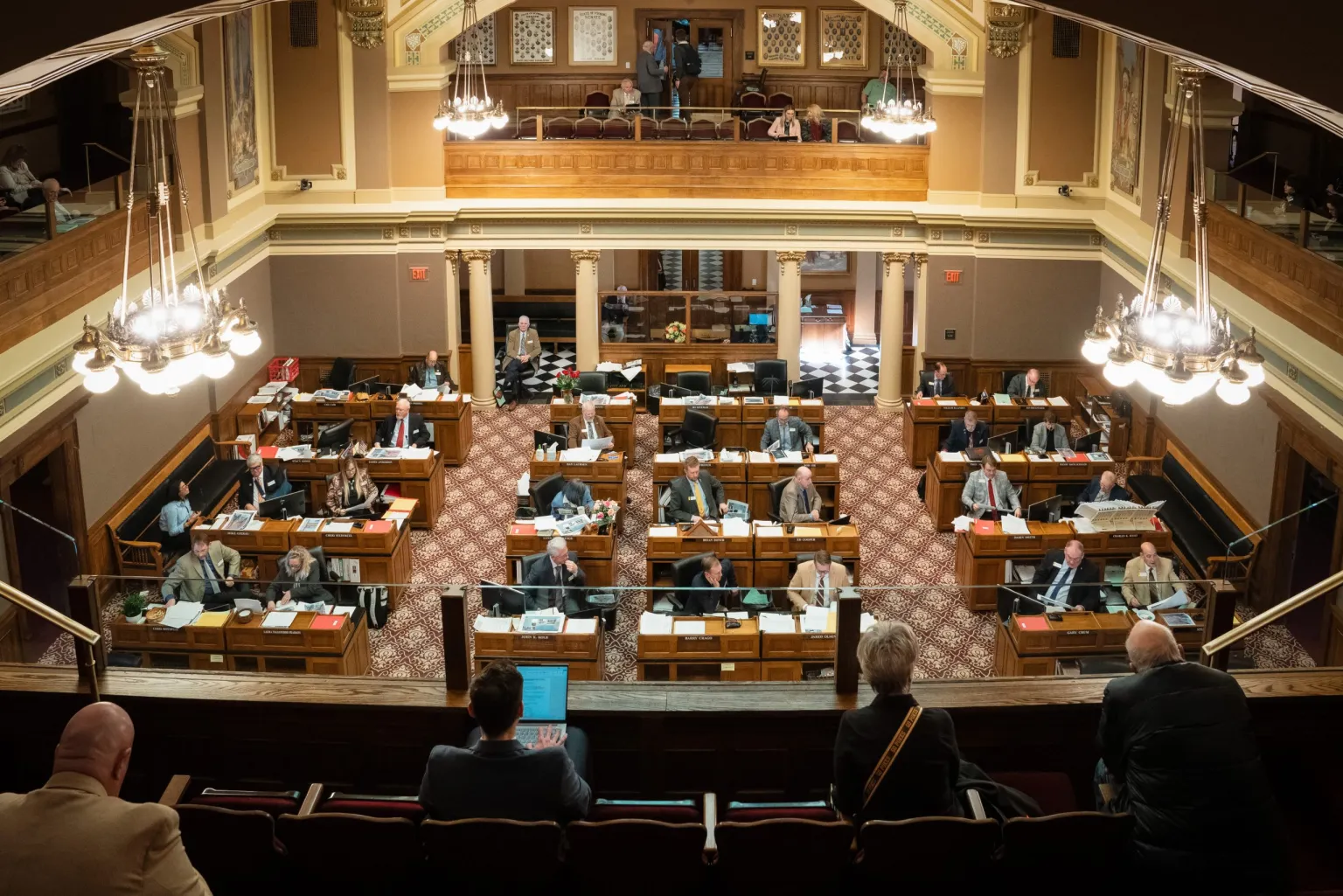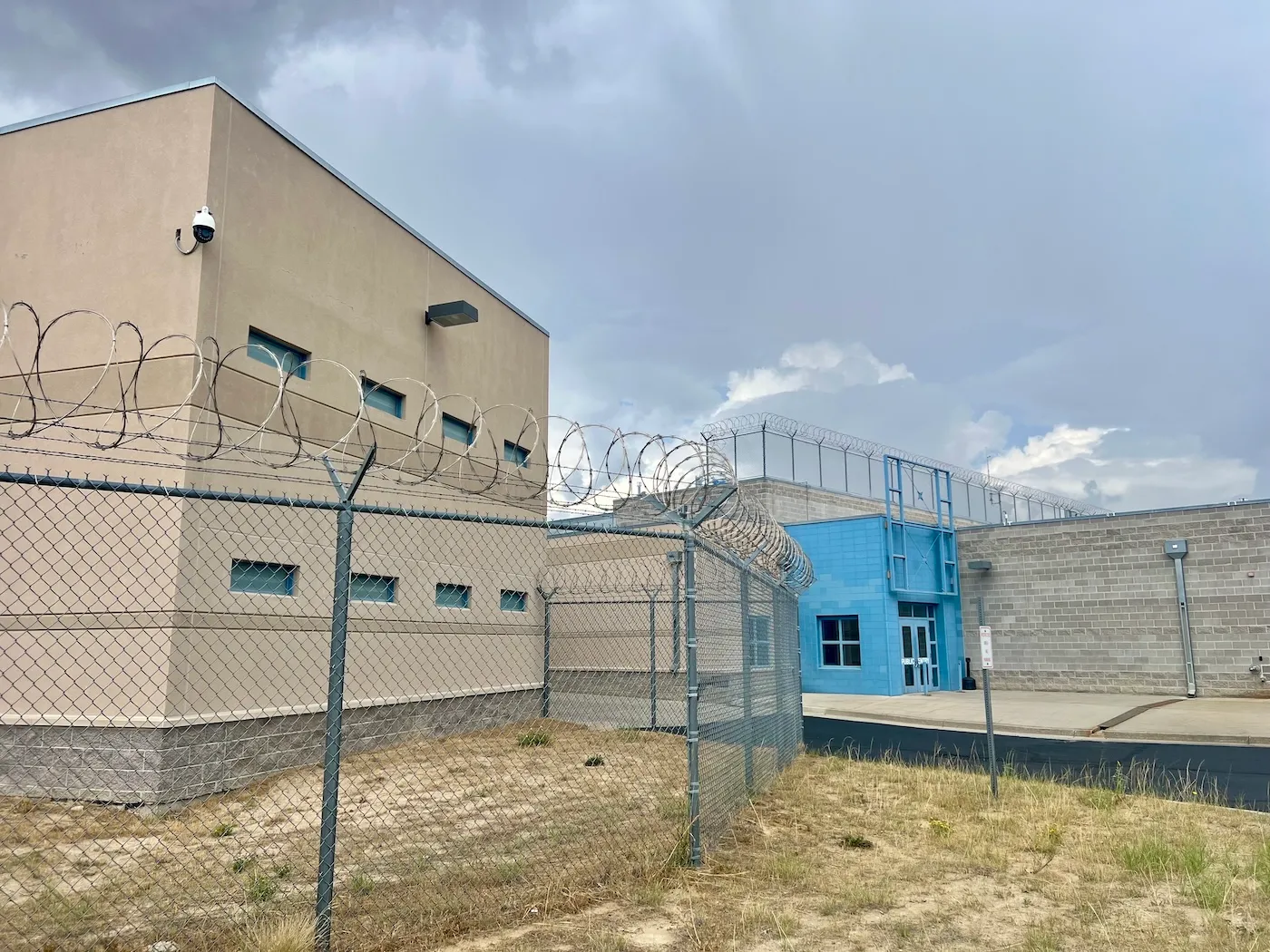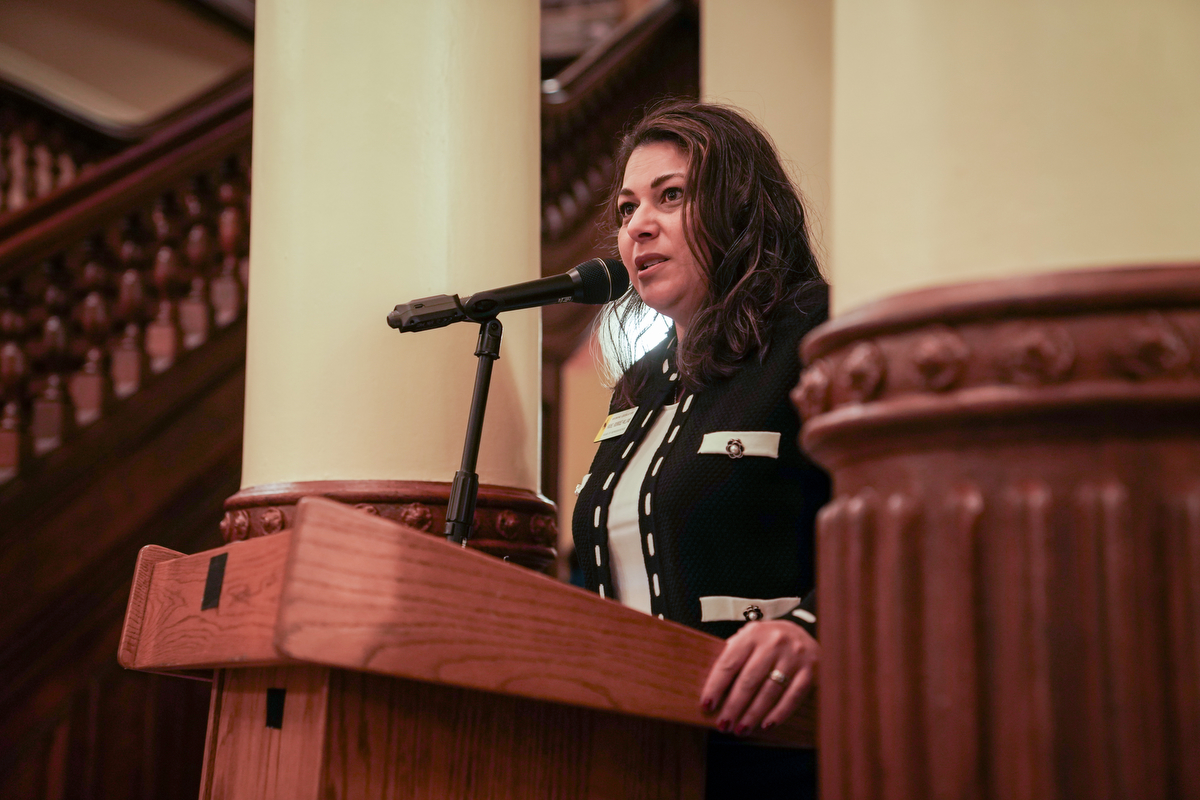US introduces $100 “America-first” entry fee for foreign visitors at top national parks

The United States is rolling out a new “America-first” entry fee that will charge non-US residents without an annual pass $100 per person to access its 11 most-visited national parks, marking a sharp shift in how international visitors are treated within the national park system.
The policy, announced Tuesday by the Department of the Interior as part of its 2026 fee plan, also raises the cost of an annual parks pass for non-US residents from $80 to $250.
Secretary of the Interior Doug Burgum said the move reflects President Donald Trump’s push to “put American families first”.
“These policies ensure that US taxpayers, who already support the National Park System, continue to enjoy affordable access, while international visitors contribute their fair share to maintaining and improving our parks for future generations,” Burgum said.
The fee increase will apply to major destinations including the Great Smoky Mountains National Park, Zion National Park, and the Grand Canyon. The Great Smoky Mountains, the most visited park in 2024, previously allowed free entry, though it charged for parking. Zion and the Grand Canyon already had entry fees, but these will now be replaced with the higher flat rate for non-residents.
The shift comes with some irony. While the administration argues the new fees will strengthen park finances, it has also moved to reduce federal support for the very same system. Earlier this year, Trump proposed cutting $1bn from the National Park Service, a figure later adjusted but still pointing to significant potential reductions in 2026.
A separate proposal from the House Appropriations Committee recommended cutting $176m from the park service operations budget, according to the National Parks Conservation Association.
The financial squeeze has already had visible consequences. Since January, the park service has reportedly lost 4,000 staff members. During the recent 43-day government shutdown, most parks remained open but with limited services, while 9,000 employees were furloughed.
Congress has yet to fully pass a 2026 fiscal bill, and while government funding is secured until January 30, 2026, uncertainty continues to hang over the future of park operations.









The latest news in your social feeds
Subscribe to our social media platforms to stay tuned